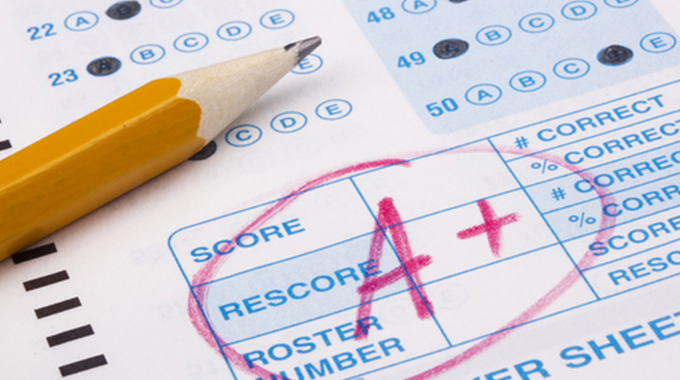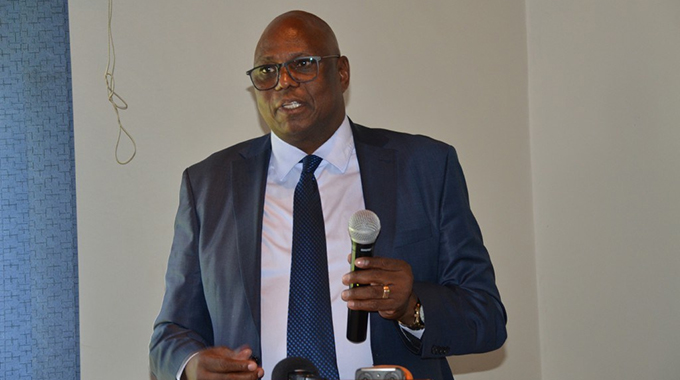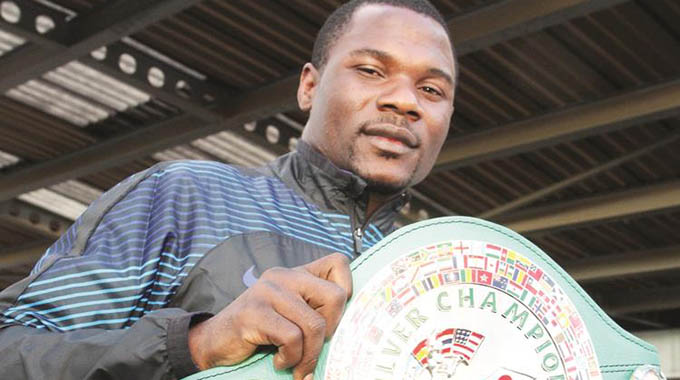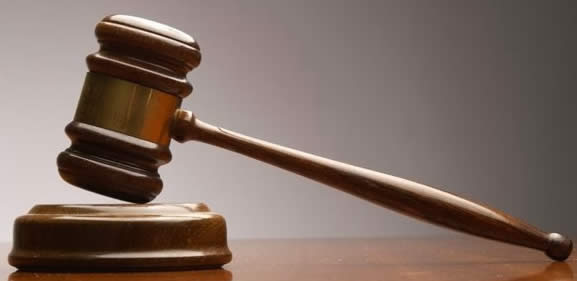Judge orders release of HEXCO results

Fidelis Munyoro Chief Court Reporter
Kwekwe Polytechnic has been ordered to release electrical engineering and diesel plant fitting results for 93 students, which it had withheld over allegations of examination cheating.
The college withheld the results of the 93 students, who wrote their examination in March this year, on suspicion that the question papers were leaked.
The basis of suspicion was that the polytechnic “had abnormally high marks” compared to other regions and “current trends of performance”.
To back up the claim of cheating, the institution filed two investigation reports of the suspected illegal access to examination materials, in which findings were made recommending nullification of the results.
Aggrieved by the decision, the students petitioned the High Court to compel the college to release their results and bar the Higher Education Examination Council (Hexco) from ordering a re-write.
Justice Webster Chinamora heard the application and on Wednesday ruled in favour of the students.
The issue for determination before the judge was whether Hexico and the Polytechnic decision to withhold the results was illegal or not, whether or not there was proportionality in the respondents’ decision and whether or not the respondents’ decision was substantially and procedurally fair.
Justice Chinamora found that the high pass rate of the two papers could not be blamed on cheating, given the findings of the investigations report that errors were made by the markers where, in certain instances, students were given full marks for wrong workings.
“In respect of the first report, errors were identified attributable to either inadvertence or incompetence by the examiners which may have contributed to the high pass rate,” he said.
“Quite clearly, the issues of giving students full marks for wrong workings or use of wrong diagrams has nothing to do with cheating by students.
“The examiners should have picked that up and failed the concerned candidates.”
In the circumstances, Justice Chinamora found it was unreasonable and unfair to treat the unusually high pass rate as the product of cheating by students.
It was also found that minutes of the examination ratification meeting produced in court showed that culprits who were caught cheating were isolated for disqualification.
In relation to the second report, Justice Chinamora found that only results of the electronics paper were targeted for setting aside.
This, he said, was not consistent with the investigation report findings and conclusion.
“A balanced approach would have meant that all examination papers where unsavory behavior was implicated would have met equal treatment,” he said.
“It appears that candidates were penalised for the simple reason that they were expected to fail, without taking into account the possibility that they had confounded expectations for reasons other than cheating, for an example, preparing well for the examinations.”
Kwekwe Polytechnic failed to show how other colleges in the same region performed to demonstrate that the institution had an unusually high pass rate.
It failed to provide an expert report on the current trends of performance which prompted the suspicion of examination cheating.










Comments